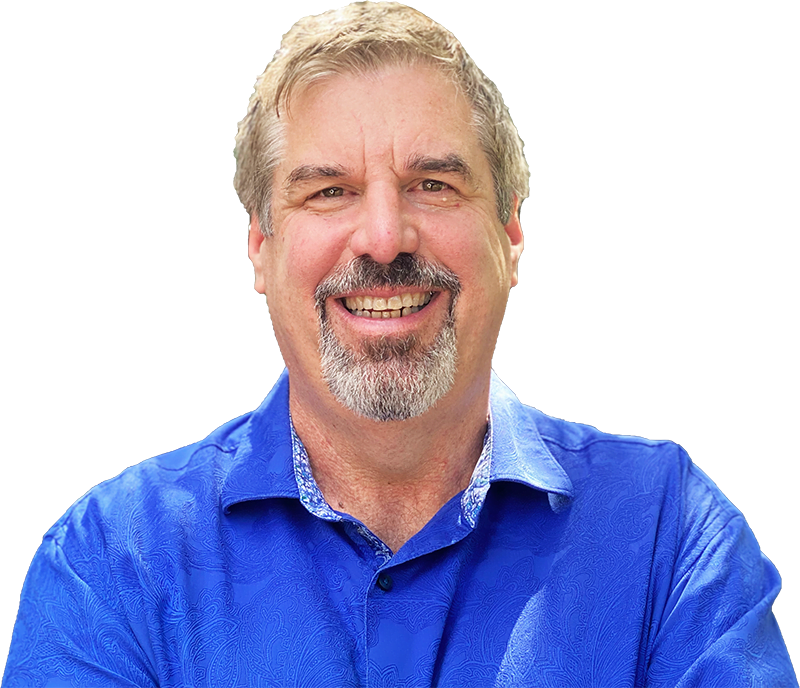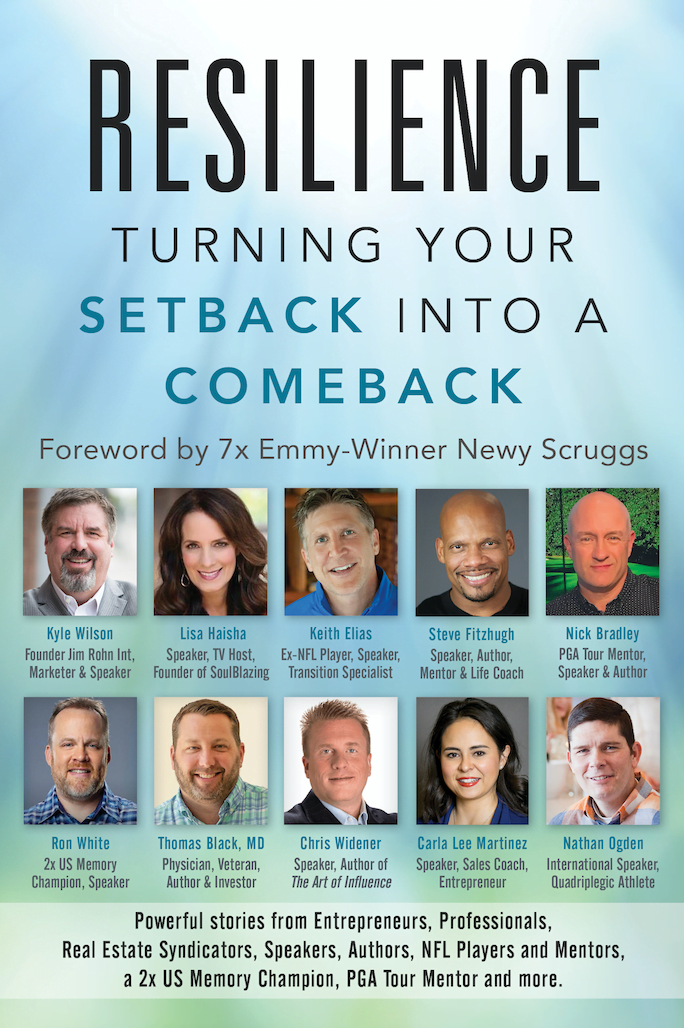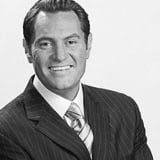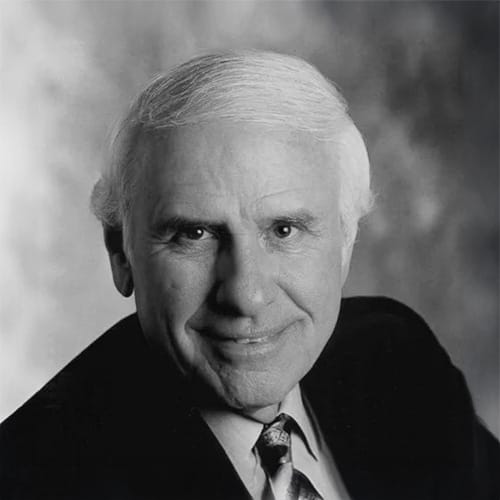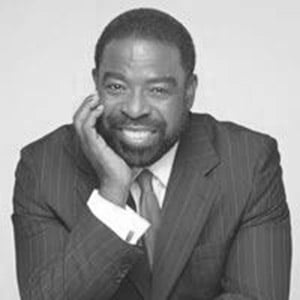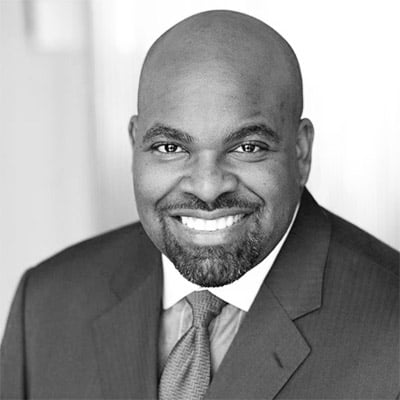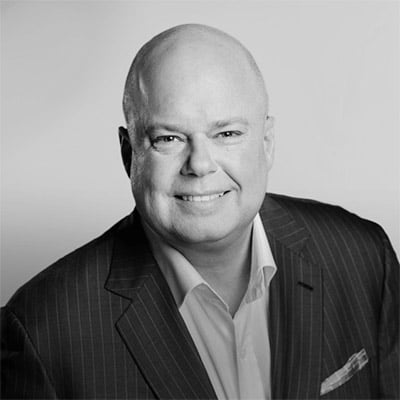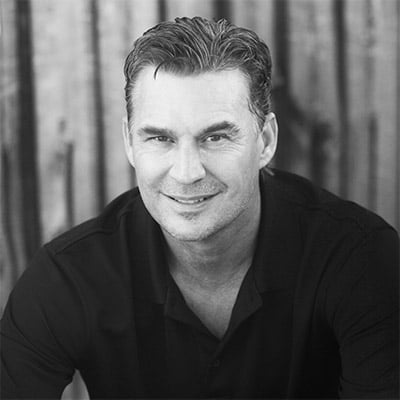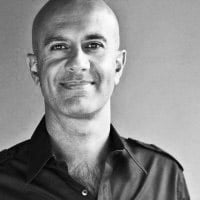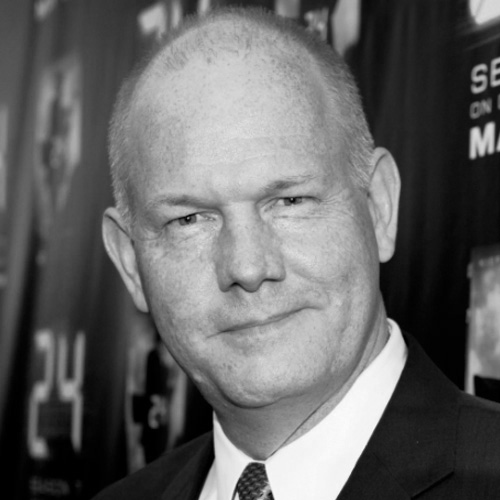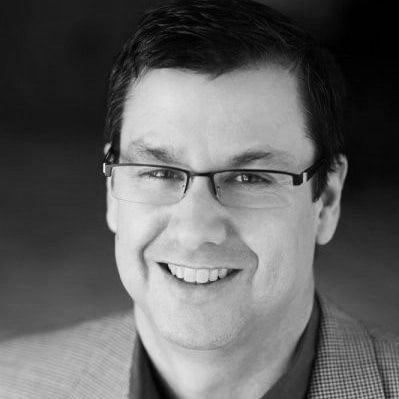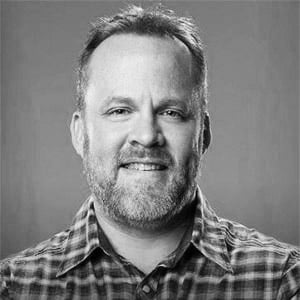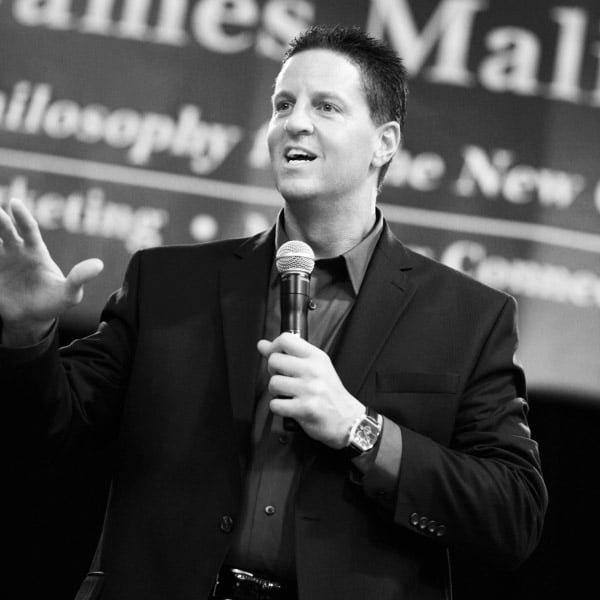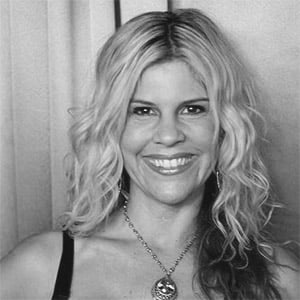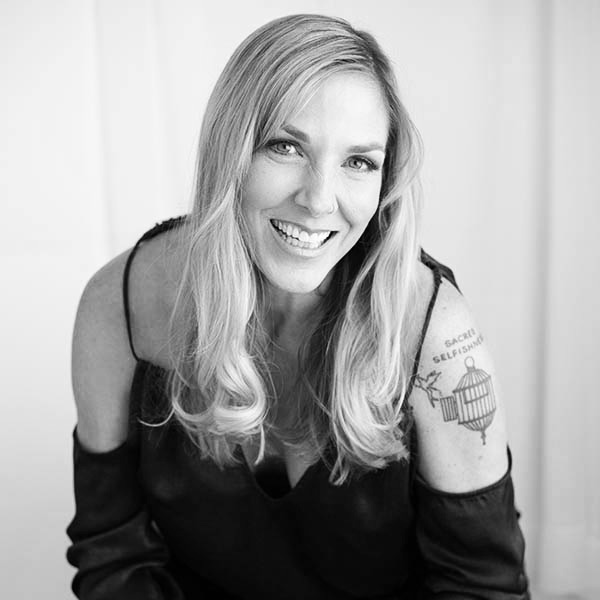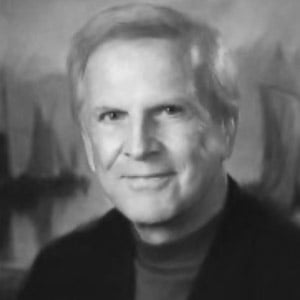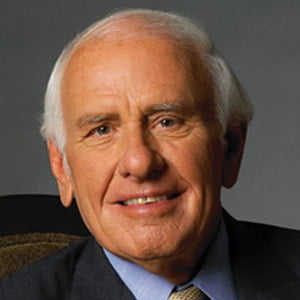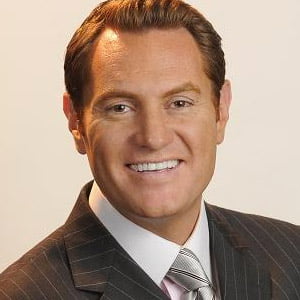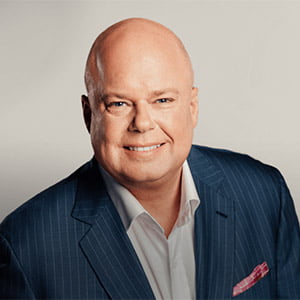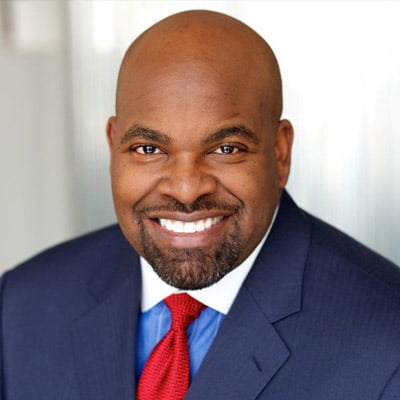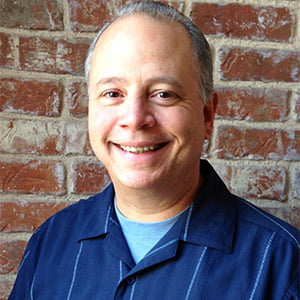The act of moving forward, or progressing, builds faith and confidence. Without progress in life, we feel insignificant, unimportant—almost invisible. We lose hope. It’s not as important how fast you are progressing towards your goals as it is that you are moving forward each day. – Nathan Ogden
A few years back, I published a book, Resilience, Turning Your Setback Into a Comeback. One of the authors in the book was Nathan Ogden. As a Quadriplegic, Nathan uses his powerful life-changing experiences to inspire and to teach others how to conquer their fears and move from paralysis to progress through eliminating excuses in their lives.
Nathan’s story is so powerful, we decided to donate 100% of the Amazon sales from the book launch to ChairTheHope.org, the organization that Nathan co-created, that has an army of volunteers that go into developing countries and distribute wheelchairs for those in need.
Today, I want to share Nathan’s story from the book, “Two Neck Breaks And Still Kick’n – How Paralysis Has Given Me a Platform to Help Others.”
Enjoy, it’s worth the read!
———————————————
Join Me in my Next Book!
Whether you’re a professional, entrepreneur, speaker, in education or in sales, we will be giving you the training and tools to identify and tell your story in a chapter PLUS how to leverage your story to get speeches, build a list, gain credibility, do book signings, appear in media and interviews plus have amazing associations. If interested, go to http://kylewilson.com/1bestseller and simply fill out the brief application form at the bottom. ——————————————– |
Two Neck Breaks And Still Kick’n – How Paralysis Has Given Me a Platform to Help Others by Nathan Ogden
I was a driven 26-year-old man who felt my life was right where it should be. I had a college degree, a beautiful wife, our first home, two very young children, and a great career. Life was perfect. Three days before Christmas in 2001, we traveled to Bend, Oregon, to celebrate the holiday with my wife Heather’s family. Having grown up snow skiing and wanting some extra excitement, my younger brother-in-law and I drove to Mt. Bachelor to have some fun on the slopes. On our last run, following an amazing day, I decided to go off one more jump I had never hit before.
“It’s my turn—am I ready for this?” I think to myself as I slide my skis into position, standing sideways in the snow, 40 yards uphill from the jump.
“Hurry up! Let’s see what you’ve got,” someone yells from behind me.
I bend my knees and then spring into the air while pivoting both legs downhill, directing my newly waxed skis straight down the steep slope. Digging my poles in the snow, I thrust myself forward toward my target.
I slow down as fear creeps into my mind, commanding my full attention. The fear of messing up, the fear of getting hurt, but most of all, the fear of looking foolish. Then the adrenaline kicks in and I move swiftly past confident to cocky.
“I’ve got this! I’m going to go bigger and better than anyone else here, and they will all be in awe.”
I pull my skis tightly together for the last 15 yards, now hurling down the hill and aiming directly at the middle of a giant drift of packed snow.
As the back of my skis leave the top of the intimidating jump launching me skyward, I hear faint gasps from those gathered to watch. I instantly know something is wrong. I’m off balance as my body keeps climbing higher in the thin mountain air. Not 10, not 20, but 30 feet above the snow-packed slope, I reach the pinnacle of my flight as my body rotates backward.
Looking to my right, I see skiers watching me take flight through the slightly scratched lenses of my goggles. Suddenly, gravity grabs ahold of me and I am quickly thrown back to Earth. “This is really going to hurt.”
The force of the impact feels as though I have been dropped from an airplane holding nothing but a cocktail umbrella to slow me down. I slam head first into the frozen mountain with the full weight of my 180-pound body crushing my neck like an accordion. I violently tumble down the hill, rolling out of control until sliding to a stop, facing downhill on my right side in the fetal position. My skis, poles, and gloves are scattered far from my limp body.
I slowly open my eyes to get a visual of the scene around me. My first thoughts are not concern for my well-being, but rather others’ perception of me. I immediately think, “I look stupid and need to get up. I’ve really embarrassed myself in front of everyone watching. What an idiot.”
I try to sit up, but only my left elbow raises, moving slowly into the air and then immediately falling back to the packed snow. “That’s okay, no big deal. I just knocked the wind out of myself. Just wait a few moments and I’ll be back to normal,” I assure myself.
An intense burning pain resonates throughout my whole body as if I were laying on an open fire pit, burning alive. My breaths shorten, and I realize I’m struggling to breathe! An immense pressure is squeezing the life out of my lungs. I glance down at my legs stacked one on top of the other. Thoughts begin racing through my mind. “Why aren’t they moving?
What has happened to me? What about my wife and kids? How can I fix this?”
My future forever changed when I launched myself off that fateful ski-jump three days before Christmas. I suffered an incomplete cervical spine fracture and spinal cord injury at the level of C7. What does that mean? I severely broke my neck and am classified as a quadriplegic. How do you go from being invincible one moment to laying lifeless on a hospital gurney hooked up to a ventilator keeping you alive?
I spent the next year fighting to survive a number of serious health complications and striving to become as strong as possible. You’re told in the hospital after a spinal cord injury, “If you regain any physical movement it will most likely happen during a two-year window. The majority of your return, however, will take place in the first few months to a year.”
Progress Is the Key to Success
Why is progress so important? The act of moving forward, or progressing, builds faith and confidence. Without progress in life, we feel insignificant, unimportant—almost invisible. We lose hope. It’s not as important how fast you are progressing towards your goals as it is that you are moving forward, even if it’s just a little bit each day. Initially, they couldn’t even sit me up in a bed for 10 seconds without me passing out. Start with smaller realistic goals so you can build up to the big ones. My big goal was to live. My first goal was to have three doctors and nurses hold me in a sitting position for one minute without blacking out. Now that’s taking it back to the basics. The results you desire may not be immediate, but they will come as you exercise discipline and patience.
“If there is no struggle, there is no progress.” – Frederick Douglass
I worked painstakingly hard each day, experiencing difficult physical therapy with excruciating pain. With any idea or cutting-edge therapy that was available, I gave it my all—anything to increase the possibility of walking again. During the first year of my recovery from the neck break, I regained full use of my shoulders, arms, most of my hands, and a tiny bit in my legs. Even though only small movement came from my lower extremities, they were moving. I knew as long as I kept progressing, I would walk again!
With a truck equipped with hand controls, I could now drive and go back to work, starting to provide for my family again like a good husband and father should. Though a little different, our young family was getting back to a new normal because we never stopped expecting our dreams and goals to come true.
Due to the paralysis, my lungs and diaphragm were compromised, leaving me more exposed to certain illnesses, and I contracted a severe case of pneumonia 13 months after my neck break. My blood-to-oxygen level dropped too low one night, and I went unconscious in my sleep. Heather was unable to wake me early that morning and desperately called an ambulance. While in the ER and still completely unconscious, I fell off the X-ray table and broke my neck—again. This break was higher up at the C6 level. I instantly lost the use of my hands, triceps, and any movement in my legs I had recovered over the past year. Are you kidding me! This can’t be real.
A few weeks into this new battle, a frustrating realization became crystal clear to me, but I didn’t want to see it. All of the movement and abilities I had lost falling from the X-ray table were not coming back. I was stuck and unable to move. I couldn’t accept this halt in my progress. What about my dreams? There was far too much left for me to accomplish that I needed my legs and hands for. So many adventures I wanted to feel and experience from a standing position. I need to work harder or pray with greater faith. Surely, that would be my breakthrough giving me momentum again.
As much as I’ve tried over the years, the sought-after physical movement I lost on that fateful early morning in the emergency room still hasn’t returned to me.
Life can be hard! It can be paralyzing and make you feel powerless! I fought extremely hard to progress that far in my recovery only to have it ripped out from under me. After the second neck break, I was not only suffering from another physical impairment but was mentally agonizing about my future as well.
I asked myself, “Am I strong enough to keep pushing forward? What do I do now? How do I keep the hope and faith that everything will be alright? I still want to walk again!”
My progress came to a halt, and I started manipulating people’s feelings and emotions to get what I wanted or felt I deserved. I was more paralyzed mentally than my arms and legs combined, and that changed me. The active, go get em, capable man my wife had grown to love and trust was fading away. Something was seriously wrong, and I either need to fix it or find an excuse.
No Excuses
When we do something wrong, we usually know it’s wrong and are already making up an excuse in our heads. In our minds, we don’t want others to think poorly of us. It doesn’t matter if we have to blame others as long as we don’t look bad. By mentioning an excuse, we are hoping, and sometimes expecting, others to overlook or forgive the results of our actions. If you remember, the very first thought that came into my head after I crashed on the ski hill was focused on what others may have thought of me. I wanted so badly to come up with a believable excuse I could tell to explain why I broke my neck, especially to my wife. I wanted something, anything, so it wasn’t my fault our lives got turned upside down.
Why do we do this to ourselves? Why don’t we just choose what’s best for us each time so we don’t have to keep going through this? It all comes down to one word—fear. Fear of the unknown. This fear keeps us in our comfort zones when extraordinary opportunities are dangling right in front of our faces. Instead of grabbing on tightly to incredible success, we fold our arms waiting, wondering, if there will be another chance.
All of us are scared to some degree—it’s human nature. We are afraid of pain, embarrassment, retribution, responsibility, failure, and even success. In addition to all these fears, we are brutally attacked with guilt, disappointment, and regret. These three words carry a heavy weight. Regret of “what could have been” and “opportunities lost” is not easily dismissed or forgiven. So we attach blame and start pointing fingers at others.
Most of the time the problem is ourselves. We are the ones holding us back from reaching our full potential. Not your boss, family, teacher, coach, or even your health. Here are some examples of different excuses that you may have heard, or maybe even used before:
• I’m too busy for that.
• This is just who I am, I can’t change.
• I’m not as qualified as them, so I’d never get that position.
• I’m a single parent, you don’t understand.
• It’s too hard.
• I’m not worthy.
I had to learn that even though I have an amazing excuse as a quadriplegic to not do hard things, using paralysis as my crutch was keeping me in my comfort zone. My excuse was not allowing me to achieve all I’m capable of. It was stopping me from becoming who I was meant to be and keeping me from helping others in a magnificent way. You must figure out what your excuses are and start getting rid of them, they’re only holding you back.
“If you really want to do something, you will find a way. If you don’t, you’ll find an excuse.” – Jim Rohn
Never Give Up Hope
Something extremely difficult for others to understand, and nearly impossible to fully explain, is the dark abyss of feeling alone and worthless in this world. You could be stranded on a small deserted island in the South Pacific for months and be completely alone. However, if you believe a ship is on its way, a rescue plane is just over the horizon, or even if an old volleyball named Wilson is your new best friend, you still possess something so extremely powerful that it can’t be stopped. Hope! You may be so scared you’re afraid to move, making you mentally paralyzed. Still, no matter how dark your surroundings get, it’s undeniable that hope is stronger than fear. You never stop believing someone is thinking of you and wants to save you. In the end, you know everything will be okay.
Hope is what gets us up in the morning, to propose to the women we love, to take that terrifying risk and start a new company, to leave an abusive situation, to have another child, to quit drinking and save your family, and to stand back up after being knocked down. Hope ignites the fire within, allowing a clearer vision into the future. Never give up hope that what you’re fighting for will come to pass. NEVER.
“Hope is being able to see that there is light despite all of the darkness.” – Desmond Tutu
Because I learned to live these three principles since first breaking my neck 17 years ago, my life today is totally unrecognizable. My wife and I have been blessed with two more girls bringing our family to six. Through a lot of hard work and sacrifice, I’ve become an international keynote speaker and trainer—something I never dreamed would happen. I mean, who would ever pay to listen to me? With my right pinky knuckle, I wrote the book UNFROZEN Superior Systems to Move from Paralysis to Progress. As a quadriplegic, I have been snow skiing again, water skiing, rafting, skydiving, rappelling off a 150-foot cliff, and I have completed a half triathlon.
In 2017, my wife and I started a movement that gives tremendous purpose to all the pain and trials we have had to endure. I say WE have endured because I fully believe we don’t do anything in his life without others helping and supporting in some way. If we suffer, they suffer too. We created a nonprofit called Chair The Hope which helps provide wheelchairs and other devices to those in desperate need throughout the world. I want everyone to have the independence and mobility to choose how they want to live their life. Because I know exactly what it feels like to be stuck, to feel frozen and not a part of society. Millions of amazing children and adults struggle each day to go to school, to worship in church, to provide for their families, to play at the park, or to live the life they desperately desire. It’s a lonely, frustrating experience. In the first year, we raised over $100,000 and have personally delivered over 400 wheelchairs throughout southern Mexico. This is only the beginning.
If you keep progressing, quit using excuses, and never give up hope, I know you will achieve everything you want. It may not happen the way you plan, but it will happen. Zig Ziglar put it best when he said, “When obstacles arise, you change your direction to reach your goal, you do not change your decision to get there.” There is no doubt in my mind that I have, and will, achieve more in this life by learning resilience through extraordinary setbacks. Throughout my life, I have never stood taller than I do pushing forward in my chair.
Nathan Ogden has taught thousands how to conquer their fears and move from paralysis to progress through eliminating excuses in their lives. He is an international keynote speaker with Nathan Ogden Presentations, co-creator of Chair The Hope, author of the book Unfrozen, and a wheelchair athlete. As a Quadriplegic, he uses his powerful life-changing experiences to inspire, teach and mentor leaders throughout the world. Book Nathan at NathanOgden.com or join his extraordinary charity at ChairTheHope.org

